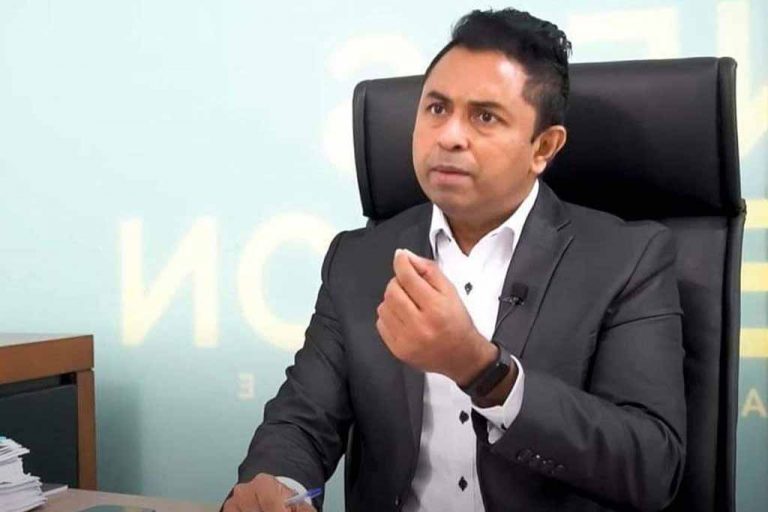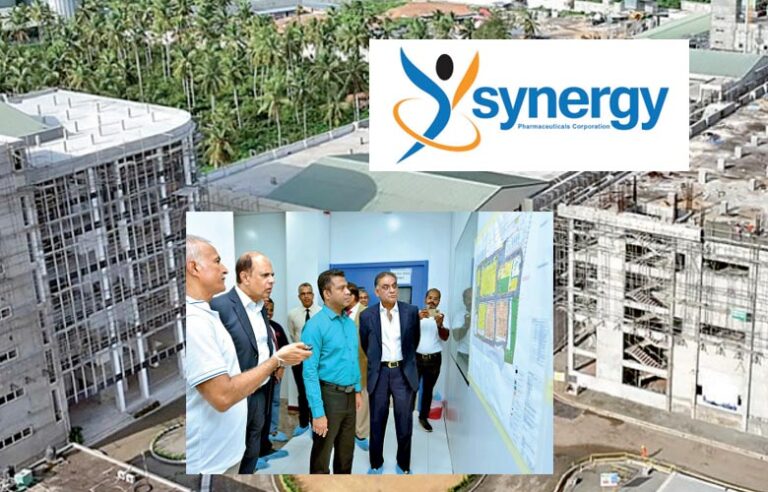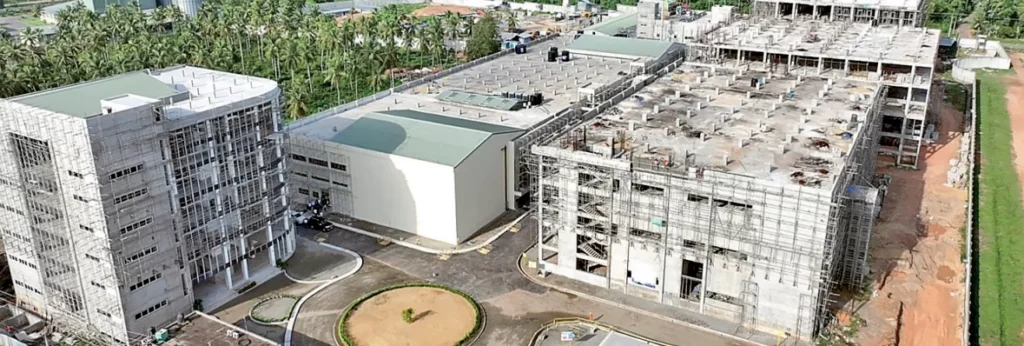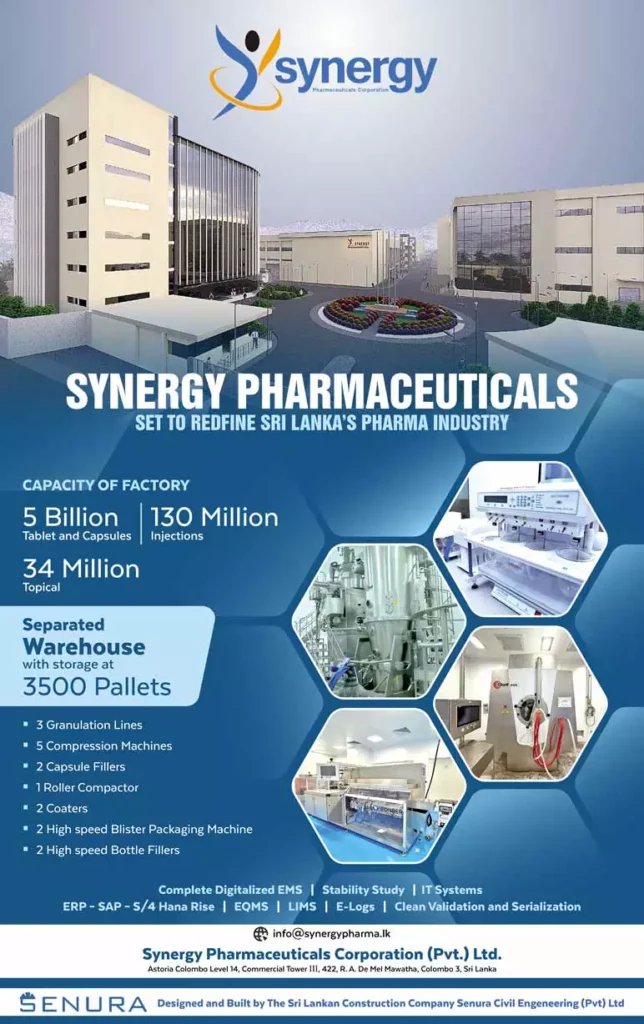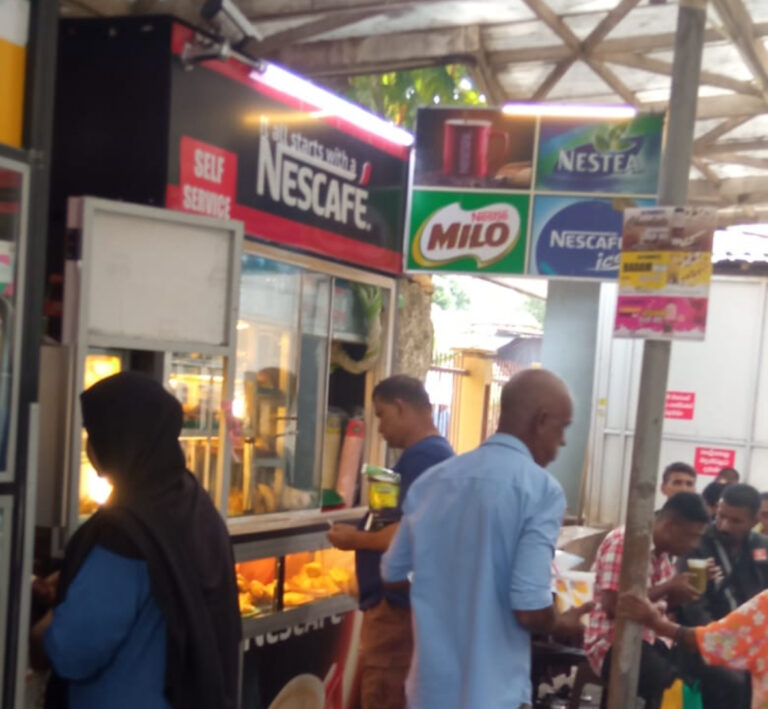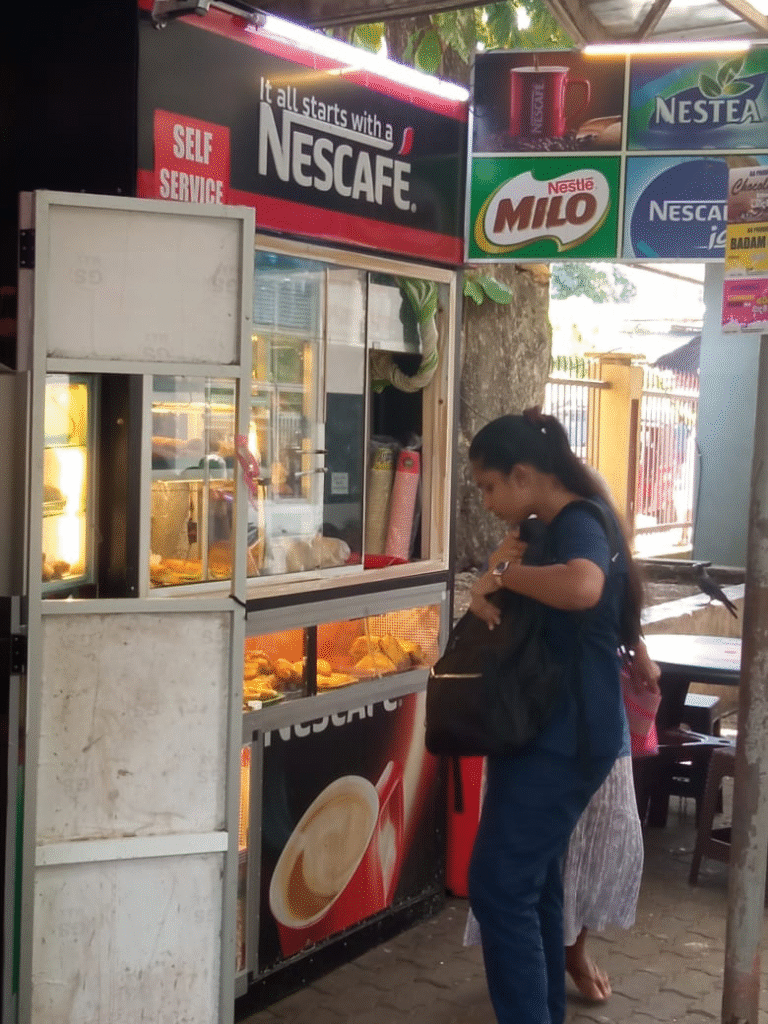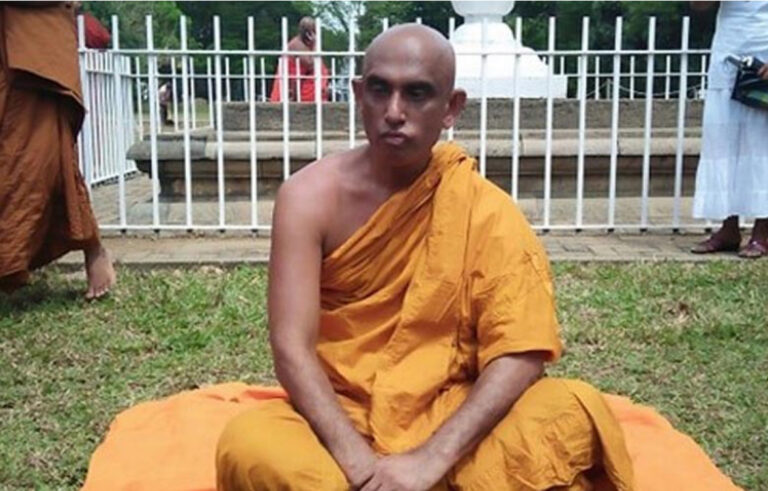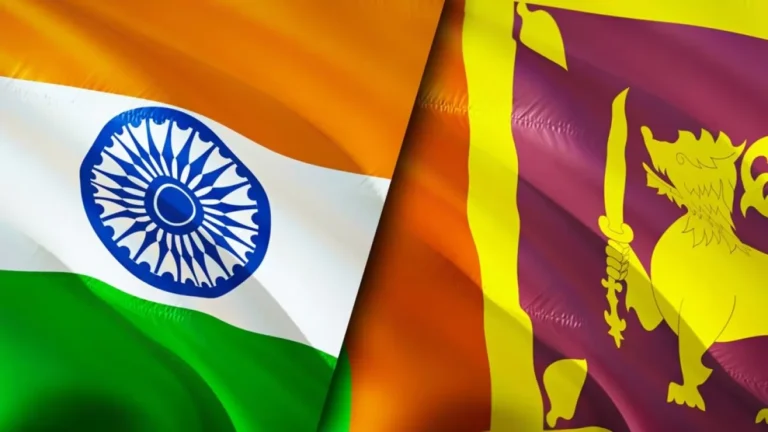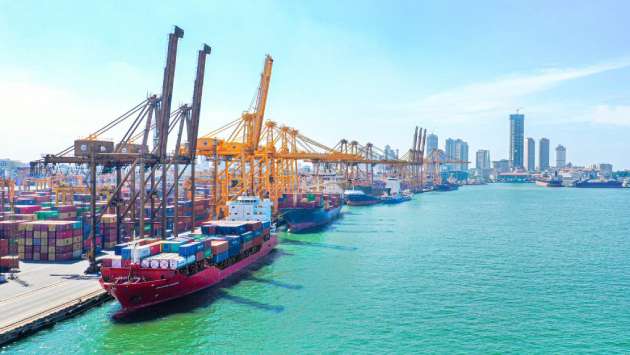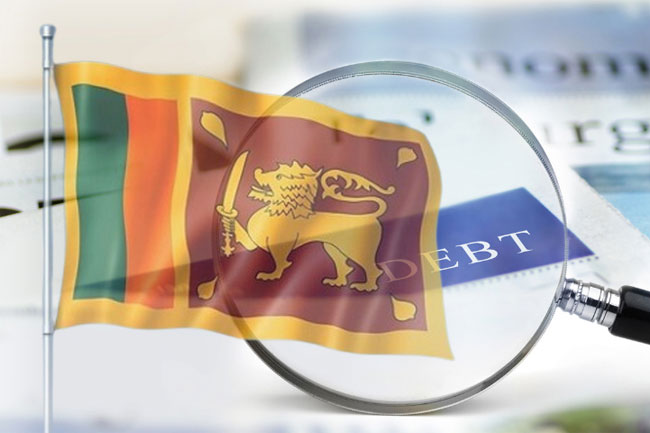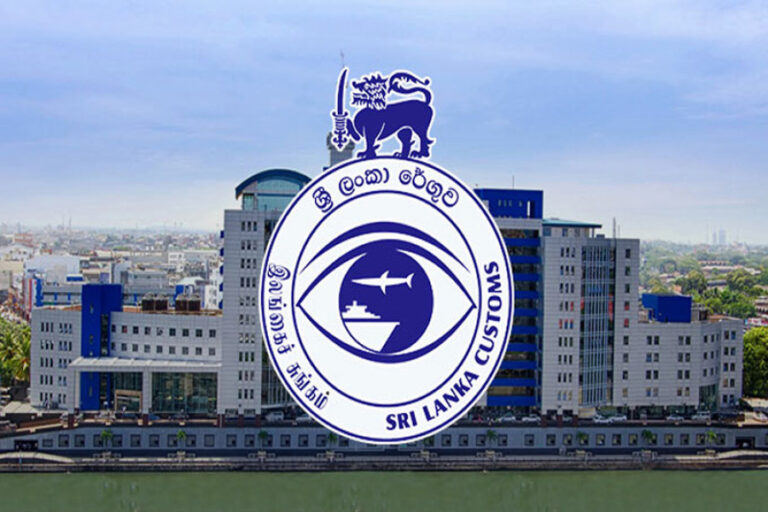Chamuditha Samarawickrama Tendered Unconditional Apology to the Supreme Court and to Dr. Wijeyadasa Rajapakshe, P.C. in the Supreme Court, when the Contempt proceedings filed by Dr. Wijeyadasa Rajapakshe, was taken up on 4 th July, 2025.
Popular YouTube/TV journalist Chamuditha Samarawickrama today tendered an unconditional apology in the Supreme Court of Sri Lanka, to the Supreme Court and to Dr. Wijeyadasa Rajapakshe, President’s Counsel in the proceedings initiated by Dr. Rajapakshe against Chamuditha Samarawickrema and Keerthi Wickremasinghe charging them for contempt of court.
The contempt proceedings No. SC/Contempt/10/2024, was filed by Dr. Rajapakshe against Chamuditha Samarawickrama and Keerthi Wickramaratne, as the contents of the conversation they telecast through YouTube channel “Truth with Chamuditha” are contemptuous and defamatory to the Courts and detrimental to Dr. Rajapakshe, and thereby they have committed the offense of contempt of court. It was alleged that by the said telecast they have undermined and disregarded the judiciary of the country creating a suspicion about the courts system and eroding the public trust and the confidence on the judiciary.
When the case was taken up in the Supreme Court today before a bench comprising Justice S. Thurairaja, Justice Priyantha Fernando, and Justice Sobitha Rajakaruna Chamuditha Samarawickrama and Keerthi Wickramaratne tendered unconditional apology
to the Supreme Courts and Dr. Wijeyadasa Rajapakshe.
The Supreme Court strongly cautioned and warned both the respondents advancing them to conduct themselves with greater responsibility and professionalism in the future. The Court emphasized the serious legal consequences that may arise from making reckless, baseless, or defamatory public statements, particularly those targeting individuals involved in the administration of justice.
The Court further warned the respondents to refrain from defaming individuals or engaging in conduct that could potentially erode public trust in the judiciary. The message was clear: freedom of expression must be exercised responsibly, and any abuse of media platforms that disrespects the rule of law would not be tolerated.
Mr. Gamini Hettiarachchi, Attorney-at- Law instructed by Ms. Jayamuditha Jayasooriya appeared for the Petitioner, Dr. Wijeyadasa Rajapakshe P.C.
Mr. Upul Jayasuriya, P.C. appeared for Chamuditha Samarawickrama and Mr. Anura Meddegoda P.C. appeared for Keerthi Wickramaratne.
This case marks a significant reminder of the boundaries of media conduct in legal matters and the importance of upholding the dignity of the courts and public figures through responsible journalism.

